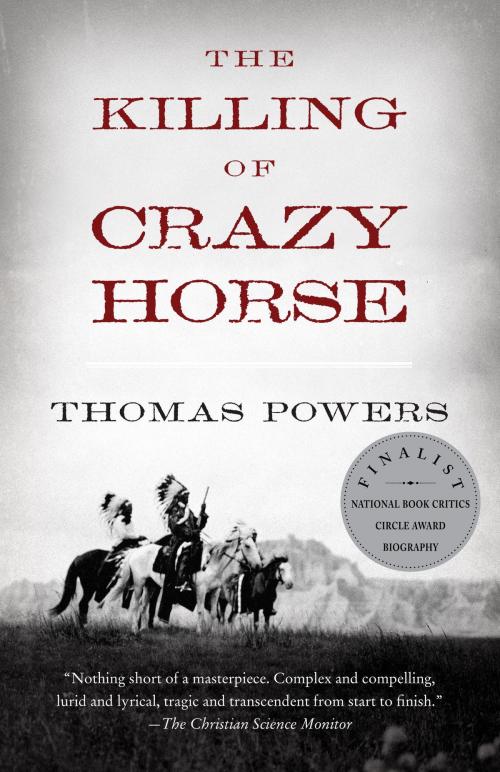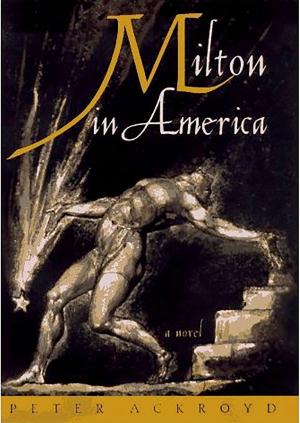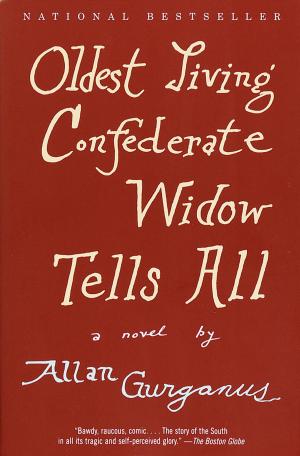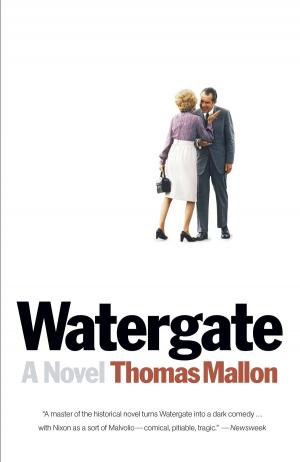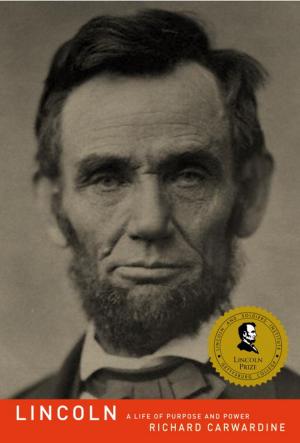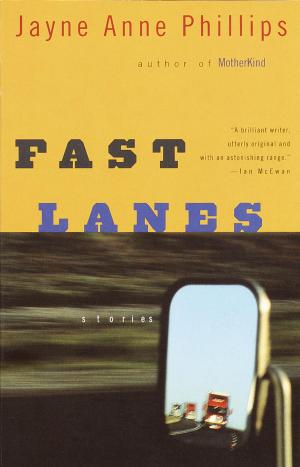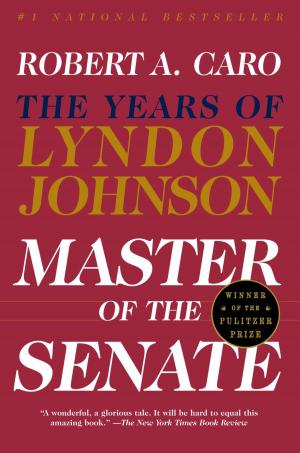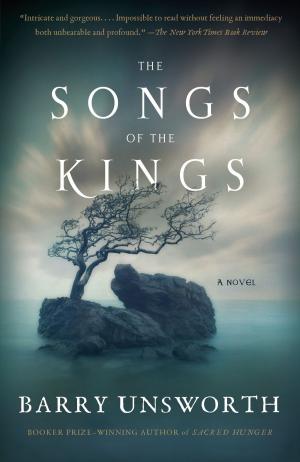The Killing of Crazy Horse
Nonfiction, History, Americas, Native American, Military, United States, Biography & Memoir| Author: | Thomas Powers | ISBN: | 9780307594518 |
| Publisher: | Knopf Doubleday Publishing Group | Publication: | November 2, 2010 |
| Imprint: | Vintage | Language: | English |
| Author: | Thomas Powers |
| ISBN: | 9780307594518 |
| Publisher: | Knopf Doubleday Publishing Group |
| Publication: | November 2, 2010 |
| Imprint: | Vintage |
| Language: | English |
He was the greatest Indian warrior of the nineteenth century. His victory over General Custer at the battle of Little Bighorn in 1876 was the worst defeat inflicted on the frontier Army. And the death of Crazy Horse in federal custody has remained a controversy for more than a century.
The Killing of Crazy Horse pieces together the many sources of fear and misunderstanding that resulted in an official killing hard to distinguish from a crime. A rich cast of characters, whites and Indians alike, passes through this story, including Red Cloud, the chief who dominated Oglala history for fifty years but saw in Crazy Horse a dangerous rival; No Water and Woman Dress, both of whom hated Crazy Horse and schemed against him; the young interpreter Billy Garnett, son of a fifteen-year-old Oglala woman and a Confederate general killed at Gettysburg; General George Crook, who bitterly resented newspaper reports that he had been whipped by Crazy Horse in battle; Little Big Man, who betrayed Crazy Horse; Lieutenant William Philo Clark, the smart West Point graduate who thought he could “work” Indians to do the Army’s bidding; and Fast Thunder, who called Crazy Horse cousin, held him the moment he was stabbed, and then told his grandson thirty years later, “They tricked me! They tricked me!”
At the center of the story is Crazy Horse himself, the warrior of few words whom the Crow said they knew best among the Sioux, because he always came closest to them in battle. No photograph of him exists today.
The death of Crazy Horse was a traumatic event not only in Sioux but also in American history. With the Great Sioux War as background and context, drawing on many new materials as well as documents in libraries and archives, Thomas Powers recounts the final months and days of Crazy Horse’s life not to lay blame but to establish what happened.
He was the greatest Indian warrior of the nineteenth century. His victory over General Custer at the battle of Little Bighorn in 1876 was the worst defeat inflicted on the frontier Army. And the death of Crazy Horse in federal custody has remained a controversy for more than a century.
The Killing of Crazy Horse pieces together the many sources of fear and misunderstanding that resulted in an official killing hard to distinguish from a crime. A rich cast of characters, whites and Indians alike, passes through this story, including Red Cloud, the chief who dominated Oglala history for fifty years but saw in Crazy Horse a dangerous rival; No Water and Woman Dress, both of whom hated Crazy Horse and schemed against him; the young interpreter Billy Garnett, son of a fifteen-year-old Oglala woman and a Confederate general killed at Gettysburg; General George Crook, who bitterly resented newspaper reports that he had been whipped by Crazy Horse in battle; Little Big Man, who betrayed Crazy Horse; Lieutenant William Philo Clark, the smart West Point graduate who thought he could “work” Indians to do the Army’s bidding; and Fast Thunder, who called Crazy Horse cousin, held him the moment he was stabbed, and then told his grandson thirty years later, “They tricked me! They tricked me!”
At the center of the story is Crazy Horse himself, the warrior of few words whom the Crow said they knew best among the Sioux, because he always came closest to them in battle. No photograph of him exists today.
The death of Crazy Horse was a traumatic event not only in Sioux but also in American history. With the Great Sioux War as background and context, drawing on many new materials as well as documents in libraries and archives, Thomas Powers recounts the final months and days of Crazy Horse’s life not to lay blame but to establish what happened.
